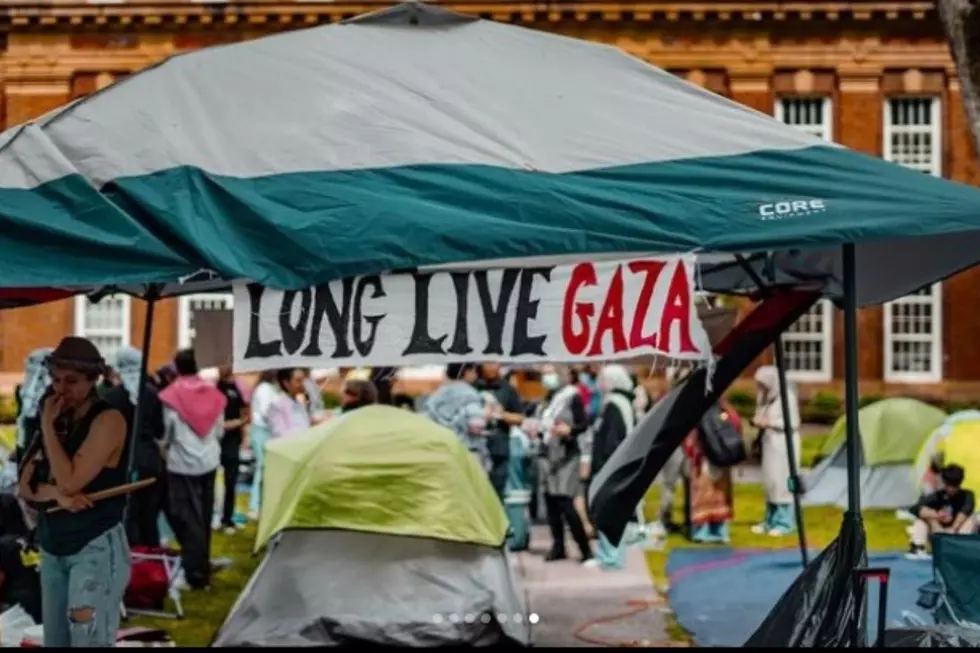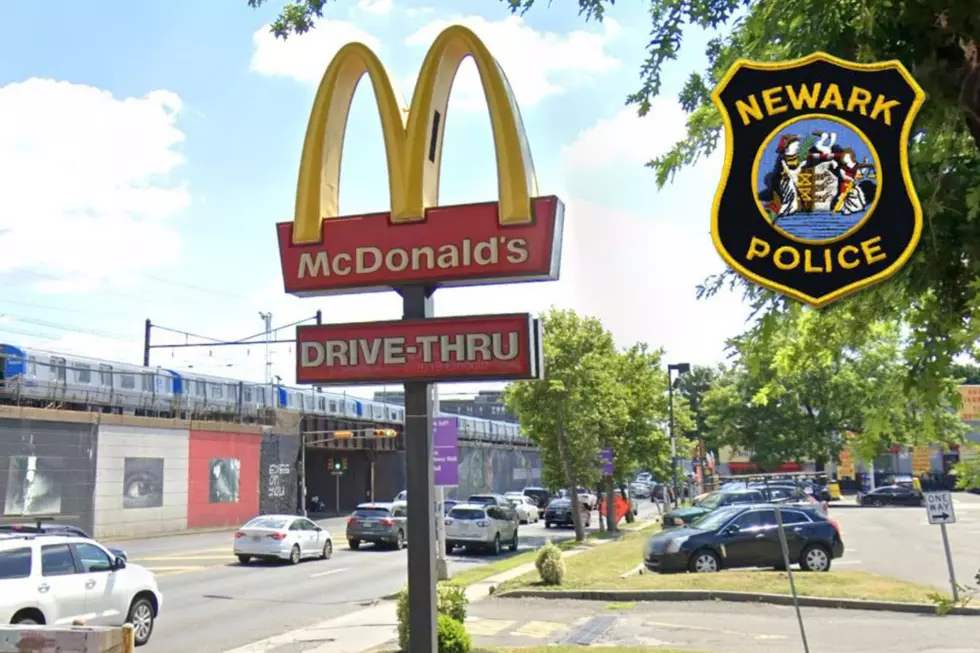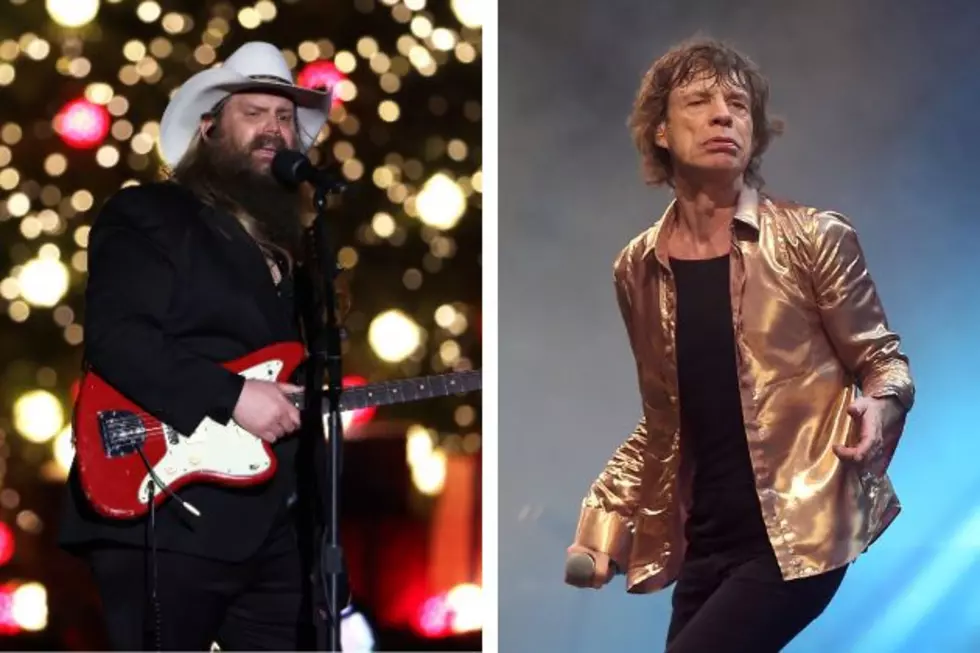
Ukraine, EU sign historic trade and economic pact
BRUSSELS (AP) -- Ukrainian President Petro Poroshenko on Friday signed up to a trade and economic pact with the European Union, saying it may be the "most important day" for his country since it became independent from the Soviet Union.
It was the decision of his pro-Moscow predecessor, Viktor Yanukovych, to back out of the same EU association agreement in November that touched off massive protests in Ukraine that eventually led to Yanukovych's flight abroad, Russia's annexation of the Crimean Peninsula and the ongoing tensions between Russia and Ukraine.
Later Friday, EU heads of state and government were expected to consider whether to ramp up sanctions against Russia over its conduct toward Ukraine.
Before the signing ceremony, Poroshenko brandished a commemorative pen inscribed with the date of EU's Vilnius summit where Yanukovych balked at approving the agreement.
"Historic events are unavoidable," he said.
At Friday's proceedings, the European Union signed similar association agreements with two other former Soviet republics, Moldova and Georgia.
Businesses in the three countries whose goods and practices meet EU standards will be able to trade freely in any of the EU's 28 member nations without tariffs or restrictions. Likewise, EU goods and services will be able to sell more easily and cheaply to businesses and consumers in Ukraine, Georgia and Moldova.
"It's absolutely a new perspective for my country," Poroshenko said.
"There is nothing in these agreements or in the European Union's approach that might harm Russia in any way," insisted EU President Herman Van Rompuy. But almost immediately, Moscow made clear it was reserving the right to react.
Dmitry Peskov, a spokesman for President Vladimir Putin, told Russian news agencies that the Kremlin would respond to the EU-Ukraine accord "as soon as negative consequences arise for the economy."
But Peskov dismissed the threat of immediate action against Poroshenko's government. "In order for those (consequences) to arise, the signed agreement needs to be implemented," he said.
Russia has previously imposed trade embargos against its neighbors in response to political or economic moves that the Kremlin views as unfavorable.
European Commission experts estimate implementation of the deal is expected to boost Ukraine's national income by around 1.2 billion euros ($1.6 billion) a year. EU Enlargement Commission Stefan Fule said the trade bloc has made clear to Moscow its willingness to demonstrate that Russian economic interests will not be harmed.
Perhaps more important than the trade clauses is an accompanying 10-year plan for Ukraine to adopt EU product regulations. Such rules ease the way for international trade beyond Europe.
The deal also demands that Ukraine change the way it does business. Adopting EU rules on government contracts, competition policy and the copyright for ideas and inventions should improve the economy by making it more investor-friendly and reducing corruption.
Reminding EU leaders of the Ukrainians who died opposed Yanukovych's government and in the ongoing battle against the pro-Russian insurgency in the country's east, Poroshenko said Ukraine "paid the highest possible price to make her Europe dreams come true."
He asked EU leaders to take a further step, and formally pledge that one day Ukraine will be able to join the EU as a full-fledged member. That "would cost the European Union nothing, but would mean the world to my country," he said.
More From New Jersey 101.5 FM









